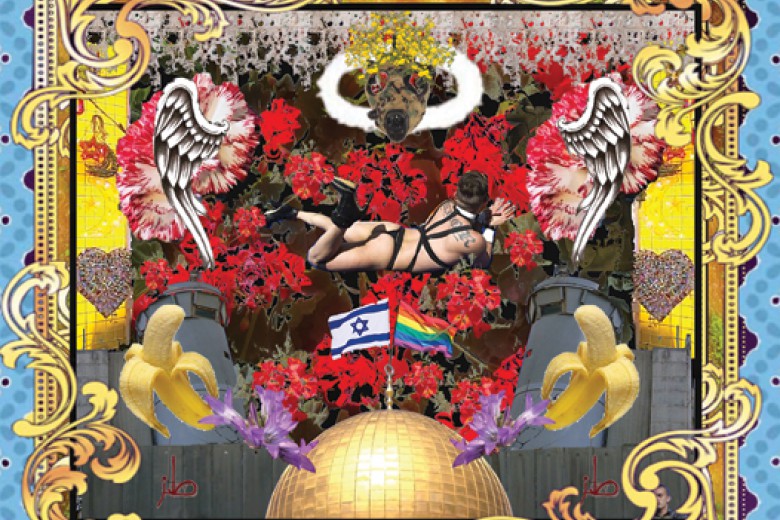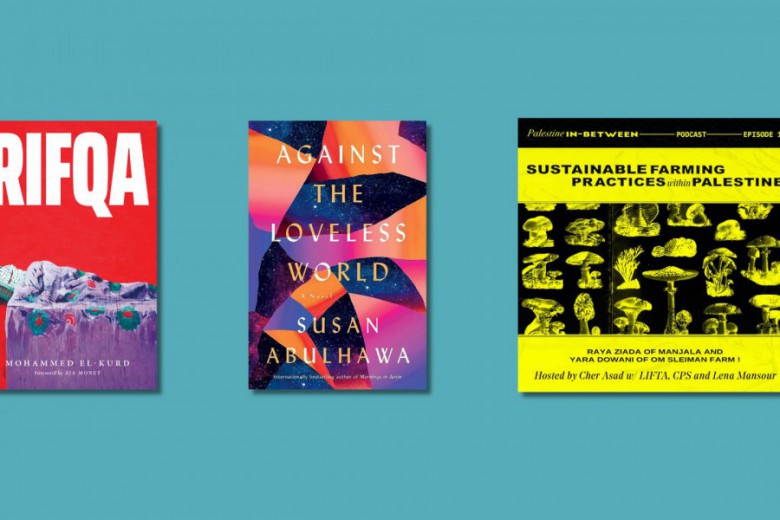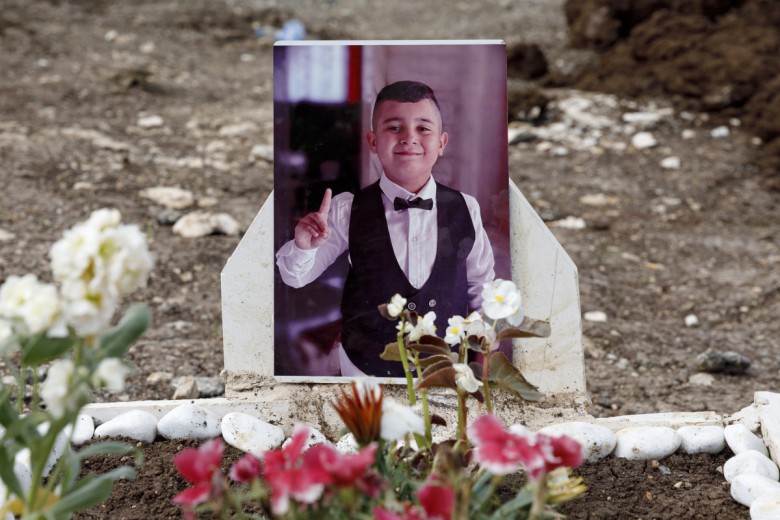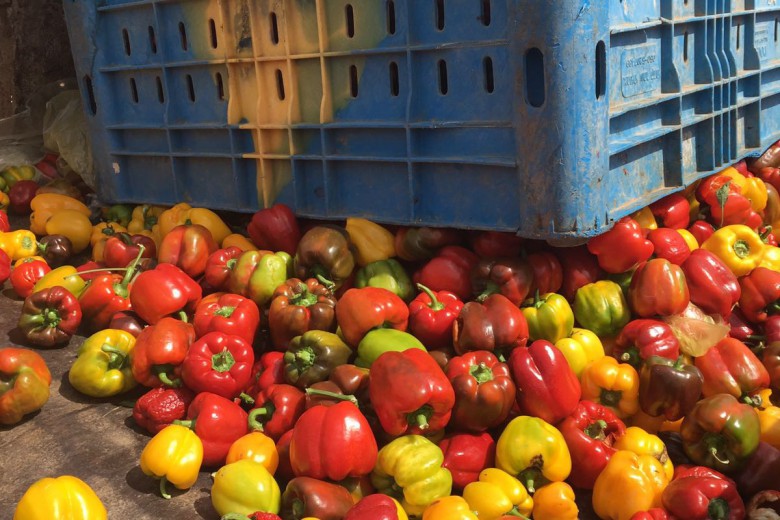For over 76 years, Palestinians have fought Zionist ethnic cleansing and occupation. Our history and struggle is not defined by victimhood, but by a relentless persistence for liberation, even under the most brutal colonial conditions. Even prior to the 1948 Nakba (meaning “catastrophe” in Arabic), Palestinians revolted against British imperialism and the Zionist movement, like during the 1936–1939 Arab Revolt. Today is no exception.
As Gaza has moved the world to rise for Palestinian freedom, I’ve been organizing with the Palestinian Youth Movement’s (PYM’s) Toronto chapter with other diasporic Palestinians and Arabs in so-called Canada for an end to Zionist occupation. Inspired by the reading lists of the PYM’s Popular University, which believes that education must be in service of struggle, I put together this reading list for organizers so we can learn from the valuable lessons of the decades of Palestinian resistance and have them inform and strengthen our struggle.
The Revolution of 1936-1939 in Palestine (1972)
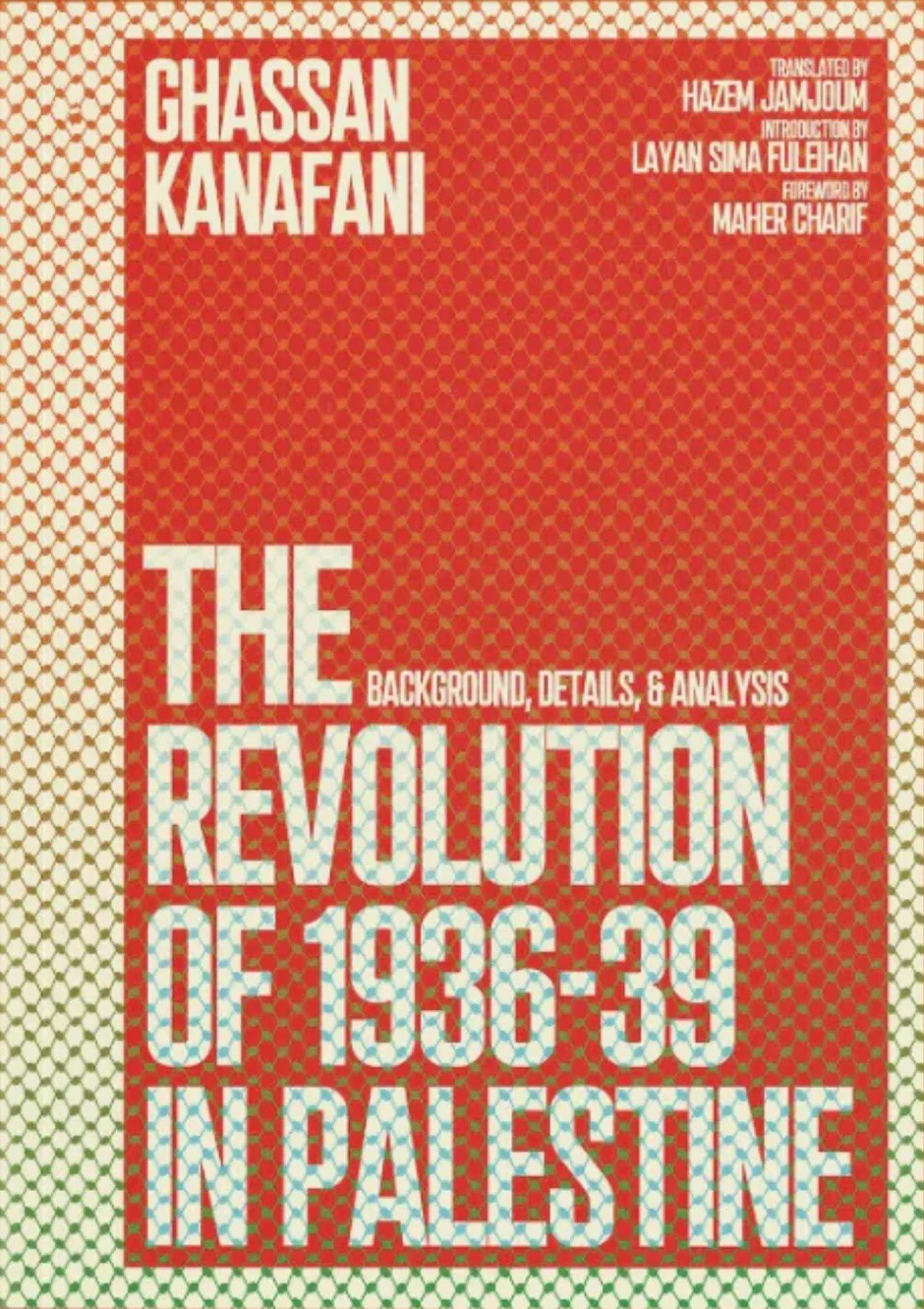
Essentially offering a guidebook for organizers worldwide to understand the conditions of Palestinians prior to the 1948 Nakba, Kanafani exposes the conditions that shaped the Palestinian struggle during this critical period. Over 50 years after he wrote it, the revolutionary leader’s analysis of Zionism, British imperialism, and the struggle against them provides essential lessons to inform the movement’s strategy.
The Palestinians: From Peasants to Revolutionaries (2008)
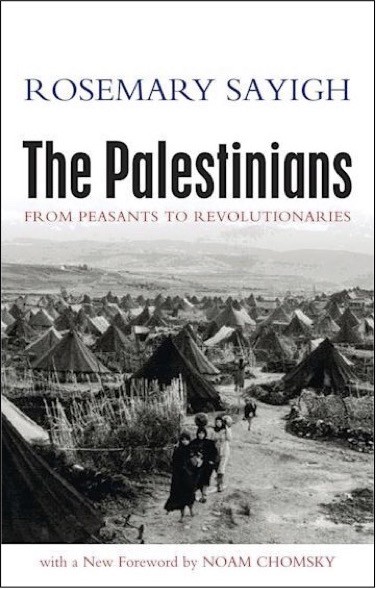
The stories Sayigh collected resonate strongly with me – they are similar to the stories many of my Palestinian kin and I have heard from our parents and grandparents. My grandmother would always tell me her own Nakba story and how she and her siblings were exiled on foot from Safad to Damascus. Most Palestinians – my grandmother included – expected to return within a couple of days. The stories shared in this book detail Palestinian refugees’ longing for return and provide an intimate and powerful portrayal of resistance amid hardship – principles that directly inform Palestinian steadfastness (sumud).
The Trinity of Fundamentals (1993)
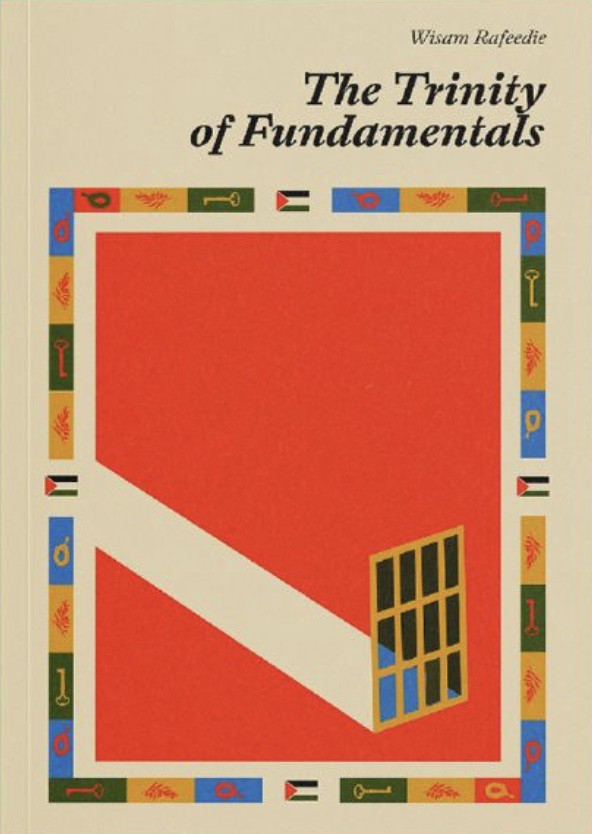
Set between 1982 and 1991, Rafeedie writes about his years hiding from the occupation through the character Kan’an, the novel’s protagonist. The 22-year-old embodies a spirit of revolutionary optimism despite the impossible conditions that Zionist colonialism and imperialism force upon him. Whether the political moment is one of revolutionary fervour or boundless grief, Kan’an becomes convinced that revolutionary optimism is the duty of all Palestinians until the hour of liberation.
In 2022, the PYM translated the novel as a bridge between the diaspora living far away and the homeland, and so organizers around the world could read the lessons Rafeedie shares. In the introduction of the English translation of the novel, Rafeedie writes, “Imperialism and capitalism serve to unite us revolutionaries, and the least we can do is exchange experiences and expertise.” International solidarity is central to all liberation movements and Rafeedie reminds us to continue our collective struggle forward, together.
Resistance: My Life for Lebanon (2003)
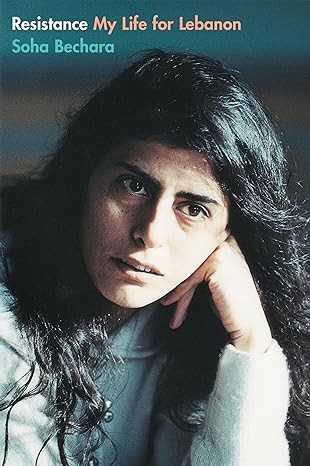
“We must raise consciousness on Palestinian resistance,” The New Arab (2023)
The year 2023 marked 75 years of Zionist occupation and of Palestinian resistance to it. This article written by PYM is a call to action for the Palestinian diaspora in the West to combat Western media and government framing of Palestinians as victims by amplifying Palestinian people’s resistance to their colonization. Since October 2023, the Western media has largely portrayed Palestinians as the victims of the ongoing genocidal campaign by the Israeli occupation forces, but this narrative ignores the ongoing resistance of Palestinians. For example, some reports cite that the Iron Dome’s (Israel’s missile defence system) effectiveness has decreased 29 per cent as Palestinian resistance has grown.
As Palestinians in the Western diaspora, we have a critical role to play in the battle against Zionism: upholding the Popular Cradle, which understands that resistance to Zionist settler colonialism is both normal and necessary and creates conditions to enable the masses to join the resistance. In May 2021, when Israel was pushing to ethnically cleanse Jerusalem’s Sheikh Jarrah neighbourhood of Palestinians and the Israeli occupation forces had conducted consecutive-day raids of the Al-Aqsa Mosque, Jerusalem residents called on the resistance to defend them. Resistance factions across Palestine responded, as did the global diaspora. The uprising, which became known as the “Unity of All Fronts,” was a turning point for the movement, with the resistance gaining mass popular support and strength in Palestine and abroad. Only in growing the strength and support of the diaspora can Palestinians sustain their resistance in the belly of the beast.


_1200_675_s_c1_.png)
